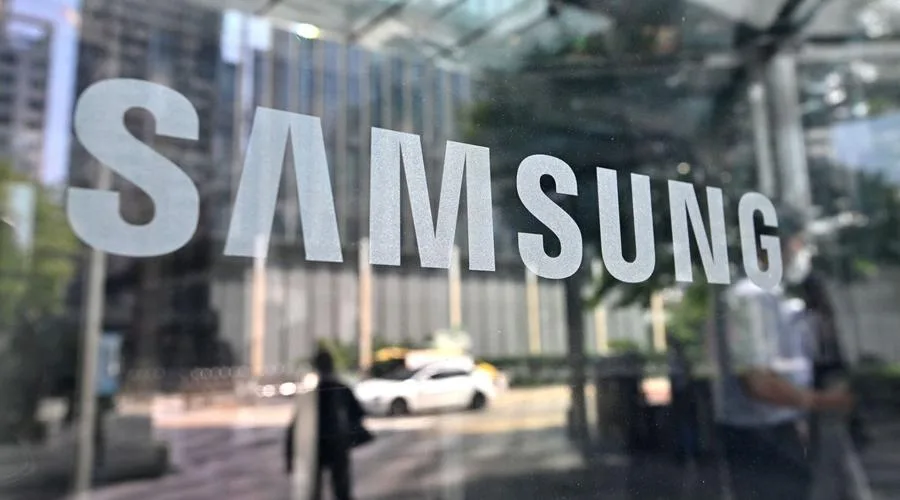Samsung, the South Korean tech giant, has reported a 35% drop in profit for the fourth consecutive quarter, marking a dismal year for the company. This decline in profits is indicative of the sluggish demand for consumer devices and the chips that power them.
In the December quarter, Samsung’s operating profits declined to 2.8 trillion won ($2.1 billion), compared to 4.3 trillion won ($3.5 billion) in the previous year. These figures align with the company’s earlier earnings forecast. Despite these challenges, Samsung remains optimistic about a resurgence in demand for mobile devices in the coming year.
The company has informed investors that it expects the smartphone market to rebound in 2024, especially with the introduction of new products such as AI-powered smartphones. Samsung believes that these innovations will drive an improvement in demand.
However, Samsung’s reign as the world’s top smartphone maker has come to an end. In the fourth quarter, typically a peak time for retailers due to the year-end holiday shopping season, Apple overtook Samsung. According to market research firm IDC, Apple held 20.1% of the global market share in 2023, slightly surpassing Samsung’s 19.4%.
This shift in market dominance highlights the need for Samsung to adapt and innovate in order to regain its position. The company’s focus on AI-powered smartphones indicates its commitment to staying competitive in the rapidly evolving smartphone market.
The decline in Samsung’s profits can be attributed to various factors. One significant factor is the overall slowdown in the demand for consumer devices. This trend is likely influenced by factors such as market saturation, longer replacement cycles, and increased competition from other smartphone manufacturers.
Additionally, the global shortage of semiconductor chips has also impacted Samsung’s profitability. As a major player in the semiconductor industry, Samsung relies on the availability of chips to produce its devices. The shortage has led to increased costs and production delays, further affecting the company’s financial performance.
Despite these challenges, Samsung remains a key player in the tech industry and has a strong track record of innovation. The company’s focus on AI-powered smartphones indicates its commitment to staying ahead of the curve and meeting the evolving needs of consumers.
In conclusion, Samsung’s fourth consecutive quarter of slumping profits and loss of its top smartphone maker position reflect the challenges faced by the company in a sluggish market. However, Samsung remains optimistic about a rebound in demand for mobile devices, particularly with the introduction of AI-powered smartphones. The company’s ability to adapt and innovate will be crucial in regaining its market share and profitability in the coming years.

